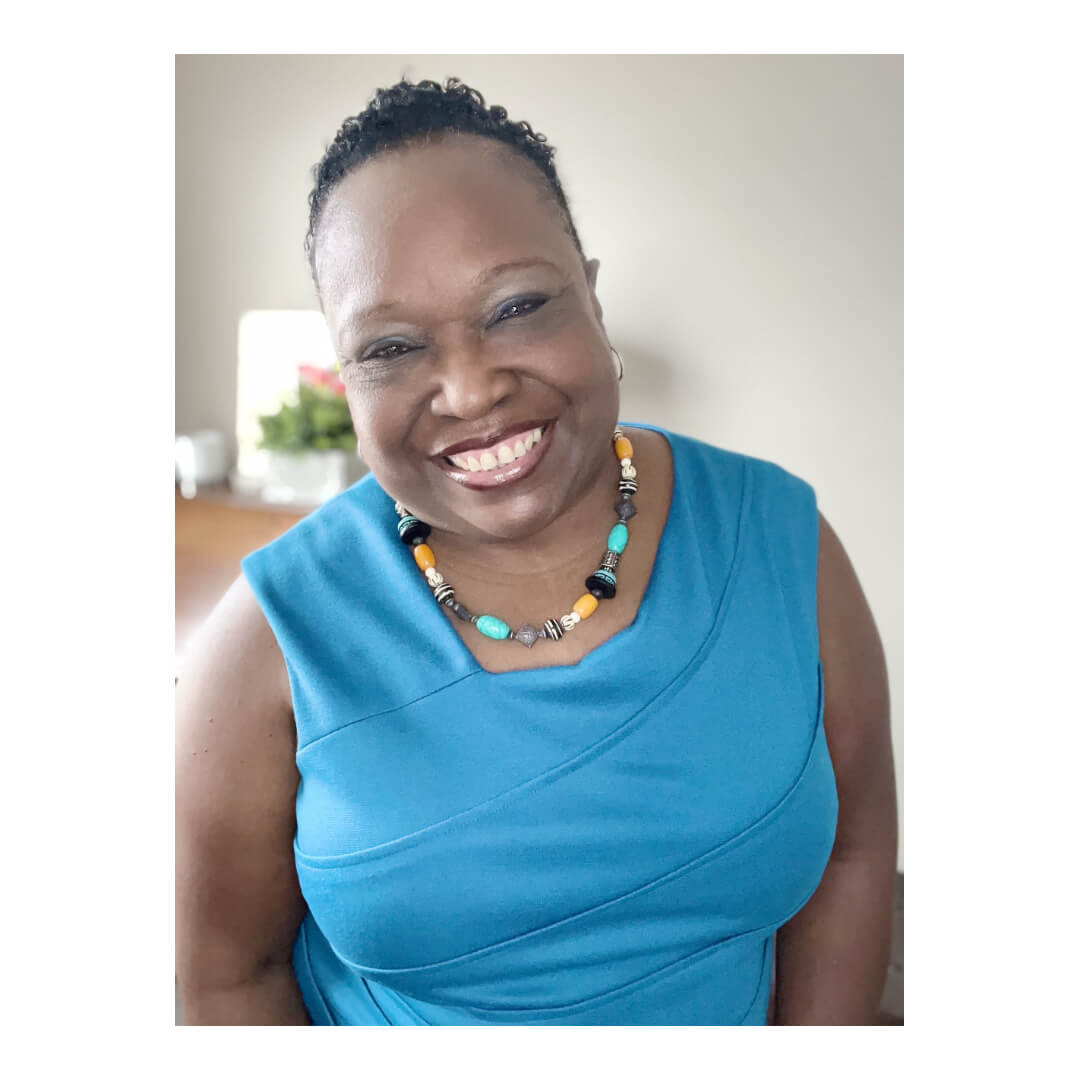Turn Your Blind Spots Into Leadership Strengths

Carolyn Mozell is the founder and CEO of Leaders Who Connect and Inspire LLC and knows firsthand how transformative it can be when leaders and employees treat each other with mutual respect, kindness, and a genuine desire to see each other succeed. Carolyn served in some of the highest levels of local government leadership for over 25 years. Rising from executive assistant to deputy chief, she also knows that leadership is a privilege. Now, Carolyn leverages her direct experience advising elected officials, cabinet level leaders and activating diverse high performing teams to help leaders in business, nonprofit organizations and government agencies do the same.
We all have blind spots – – those personal traits we demonstrate but aren’t aware of that can hinder our success. But here’s the good news…leaders who are willing to recognize and address blind spots can turn them into strengths and be better equipped to communicate, interact and collaborate more successfully with others.
Do you know your blind spots? Has there been a time when they’ve negatively impacted your professional performance? Understanding blind spots empowers leaders to understand the causes and effects on how they impact professional performance. This heightened awareness delivers the knowledge needed to grow, develop and improve. It’s also how leaders intentionally integrate self-awareness into their leadership growth strategy, an important component if you want to protect yourself wellbeing while growing. For more ways to increase self-awareness, click HERE.
Extensive research points to dozens of leadership blind spots. However, there are eight core blind spots that present most frequently. Let’s do a short exercise to identify your blind spots.
Think of the last interaction you had with a team member, colleague or customer that could have gone better. Write down each blind spot that most closely resonates with that situation. Repeat this exercise with another situation…and then another. Are the same blind spots coming up? Do you see trends with a particular segment? (i.e., team members, colleagues, customers).
This exercise is not to suggest that you’re doing it intentionally, but to help you become aware so that you can do something about it. Let’s get started.
Eight Core Leadership Blind Spots
Going it alone
These leaders rather figure it out on their own than ask for help. They tend to be afraid or dislike asking for help. Does this feel familiar? How? With whom?
Being insensitive of your behavior on others
These leaders tend to be unaware of how they show up until things go wrong and then have difficulty understand why. They tend to criticize or use sarcasm to communicate their point or make others feel less important. They create an uncomfortable business environment because of their sarcasm or demeaning remarks. Does this feel familiar? How? With whom?
Having an “I know” attitude
These leaders tend to think their way is always the right way. They tend to value being right above everything else even if they may be just a little bit wrong. They are not genuinely open to hearing and embracing other perspectives. Does this feel familiar? How? With whom?
Avoiding difficult conversations
These leaders tend to avoid difficult conversations and situations and let them linger. They avoid conflict like the plague, ignore hard conversations and hope the situation goes away on its own. Does this feel familiar? How? With whom?
Blaming others or circumstances
These leaders tend to make someone else responsible for the choices and decisions that are really their own responsibility. They tend to play the victim or refuse to be accountable. Does this feel familiar? How? With whom?
Treating commitments casually
These leaders tend to disregard other people’s time, energy and resources. They do not value the time and energy their team has put into creating a successful outcome. They show up late or cancel meetings at the last minute. They come unprepared to meetings and essentially wastes everyone’s time. Does this feel familiar? How? With whom?
Not taking a stand and showing lack of commitment to a position
These leaders tend to vacillate and provide unclear and unreliable leadership guidance. They tend to have anxiety about taking a stand or committing to a position that the team can rely on. They fear the possibly being wrong or unpopular. Does this feel familiar? How? With whom?


Extensive research points to dozens of leadership blind spots. However, there are eight core blind spots that present most frequently.
CAROLYN O. MOZELL
Tolerating “good enough”
These leaders tend to accept low or mediocre standards for their own performance and the performance of others. They tend to lack self-accountability or motivation to do better and allow others to do the same. Does this feel familiar? How? With whom?
How was that? Did you learn something new about yourself or just confirm what you suspected? I hope that you remembered to be honest and easy on yourself. That’s an important growth milestone of self-awareness. Now it’s time to use the information to learn and grow.
When you know better, you can prioritize doing better
Self-reflection can be eye-opening if you’re honest and willing to face what you uncover. Prioritizing the time to put in the work is necessary if you want to be a better leader and person. There are many beliefs and life experiences that contribute to how leaders show up in the world. Being more introspective equips leaders to close the gap between how they communicate and how they intend to communicate. It closes the gap on how they show up and how they intend to show up and ultimately, the level of impact they leave. It’s an exercise that supports continuous improvement of personal and professional development as leaders grow and evolve.
How to turn the tide
You’ve already started turning the tide if anything in this article has resonated and inspired you to shift the way you think, act and respond so that you can show up as a better leader. Congratulations!
To continue making progress, consider developing your Emotional Intelligence (EQ). Emotional Intelligence is a tool to strengthen how you recognize, understand and choose to think, feel and act towards yourself and when interacting with others. Addressing blind spots is an exercise in self-awareness. Self-awareness is the foundation of EQ and a productive way to build on what you’ve accomplished here. To go deeper and learn your level of Emotional Intelligence, consider taking an Emotional Intelligence Assessment. For those who like data, this is a great way to leverage strengths, improve weaknesses and measure your progress. Click HERE to see a sample Emotional Intelligence report.
Listen, we’ll never eliminate every blind spot. They’re part of human nature and change as we have different experiences in work and life. But through candid self-reflection combined with a desire to do better, every leader can strive to become a leader people WANT to follow if they prioritize the time to put in the work.
Want new articles before they get published? Subscribe to our Awesome Newsletter.

CAREER ADVICE

GOV TALK




